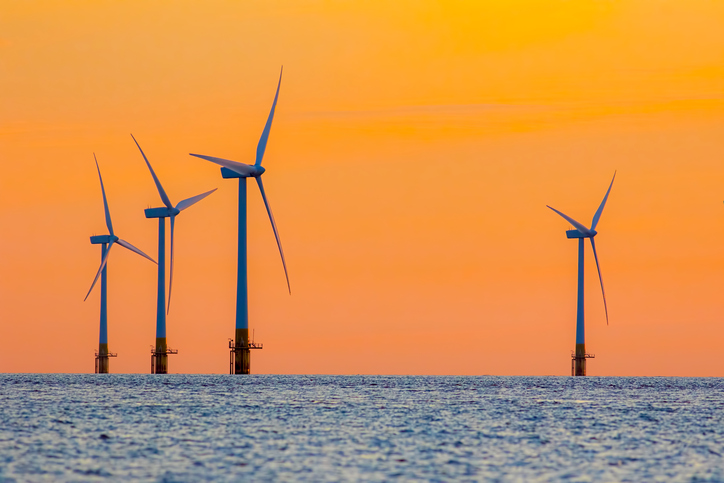Falling renewables costs and speedy deployment mean that Britain should aim for the technology to meet two thirds of electricity needs by 2030.
This is according to the National Infrastructure Commission’s (NIC) latest report, which found this could be delivered at the same overall cost as meeting half of total demand by 2030 with renewables, its previous recommended target.
This had been updated to 65%, based on the results of electricity system modelling carried out by Aurora Energy Research for the NIC.
Two different electricity demand scenarios were assumed in the modelling, with one assuming electrification of heating and the other assuming hydrogen is used for heating.
The analysis found that there is no material cost impact either over the short term or long term of deploying renewables faster, with the report stating that renewables are now the cheapest form of electricity generation due to “dramatic cost reductions in recent years”.
However, across all modelled scenarios between 86GW and 99GW of renewables must be deployed by 2030 to achieve 65% renewables.
This includes the government’s 40GW of offshore wind pledge, as well as 14GW–18GW of onshore wind and 29GW–38GW of solar.
To achieve this ambition, the NIC is recommending that the government set out a pipeline of annual Contracts for Difference (CfD) auctions with estimated budgets that offshore wind, onshore wind and solar can all compete in.
Using a CfD will allow the government to mobilise private capital when the public sector balance sheet is tight, the report states, adding that large scale deployment of infrastructure sends a clear signal to other infrastructure investors that they should have confidence in the UK economy.
The NIC has previously called for an expansion of the CfD scheme, stating it would help to strengthen confidence in the economy.
It has also released several reports in the last few months, most notably its annual report which stressed the importance of flexibility measures to achieving net zero.
In today’s (11 August 2020) report, it states that renewables alone can’t create a resilient energy system and that further work on new storage technology, efficient interconnectors and other innovations is needed.
Sir John Armitt, chair of the National Infrastructure Commission, said: “The government should be credited for recent steps to encourage quicker deployment of renewables, and for setting up successful mechanisms for encouraging private sector investments. These latest projections suggest we can afford to go further, faster without hitting consumers in the pocket.”





